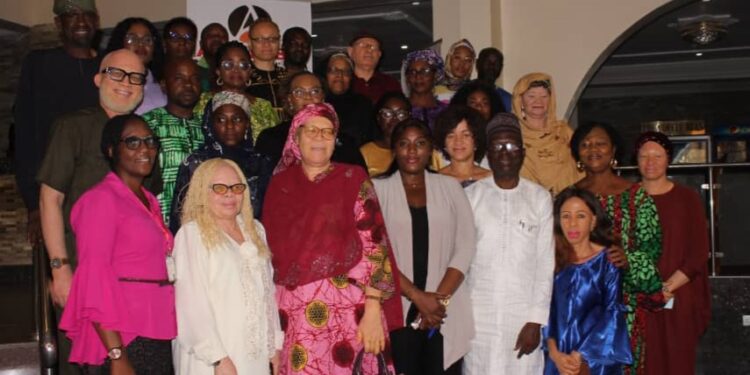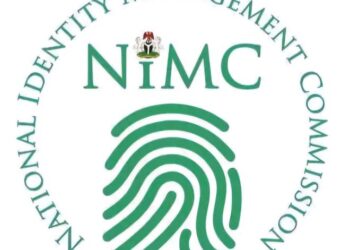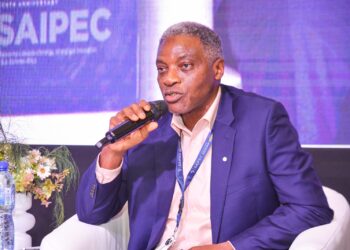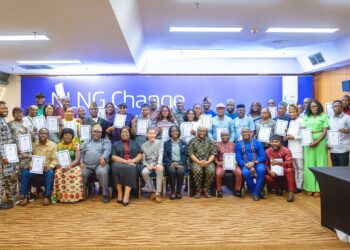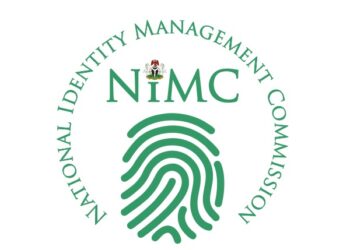By Christabel Benson
The Albinism Association of Nigeria (AAN) has urged the Federal Government to implement the National Policy on Albinism.
The call was made at a one-day strategic meeting with Federal Ministry of Education officials and other Stakeholders, funded by Disability Rights Fund (DRF).

In a communiqué signed by the Programme Manager of the project, Joseph Akuse, tagged, Advancing policy implementation on inclusive education for persons with Albinism (PWAs) in Nigeria, AAN stressed the need for the implementation of the policy developed in 2012 and assented to in 2019 but yet to see the light of the day.
It said: “In 2012, a Ministerial Committee was set up by the then Honourable Minister of State for Education, Nyesom Wike, to develop a National Policy on Albinism. This immediately started with the involvement of multifarious committee comprising of representatives from Federal Ministries of Education, Health, Women Affairs and Social Development, Justice, Finance, Labour and Employment; Office of the Head of Civil Service of the Federation and many other parastatals and private organisations.
“After the draft and justification of the policy through the appropriate quarters, it was finally assented in 2019 to last for a period of five years after which a review will be done to keep space with the current humanitarian and environmental activities. But unfortunately, this was not implemented as intended and up till now, PWAs are suffering and it seems there is no hope even though a national policy supporting our course of living was initiated.”
The association noted that the implementation should be based on four points, including, legal, education, health social security and other services.
It urged government and non-governmental organisations to provide visual and other learning aids for PWAs through Special Needs Education Branch at the federal, state and local government levels, adding that school counsellors and teachers should counsel and guide students on albinism in basic, secondary and tertiary institutions.
According to the project Executive Director, Bisi Bamishe, the policy takes particular cognizance of the various challenges of PWAs which cut across the four (4) core clusters of Fundamental Human Rights to survival, protection, development and participation in the general sphere of human endeavours.
“This policy also provides for the protection of the rights of PWAs, the roles and responsibilities of Government and other stakeholders,” she stated.
While Nigeria has enacted legislation and policies to promote inclusive education and protect the rights of persons with disabilities, including albinism, there remain gaps in the implementation.
It was against this background that, the meeting was designed to avail participants the opportunity to interact and make meaningful efforts that would help to actualize the vision, mission, core objectives, policy targets and implementation strategies which played vital part via group work.


